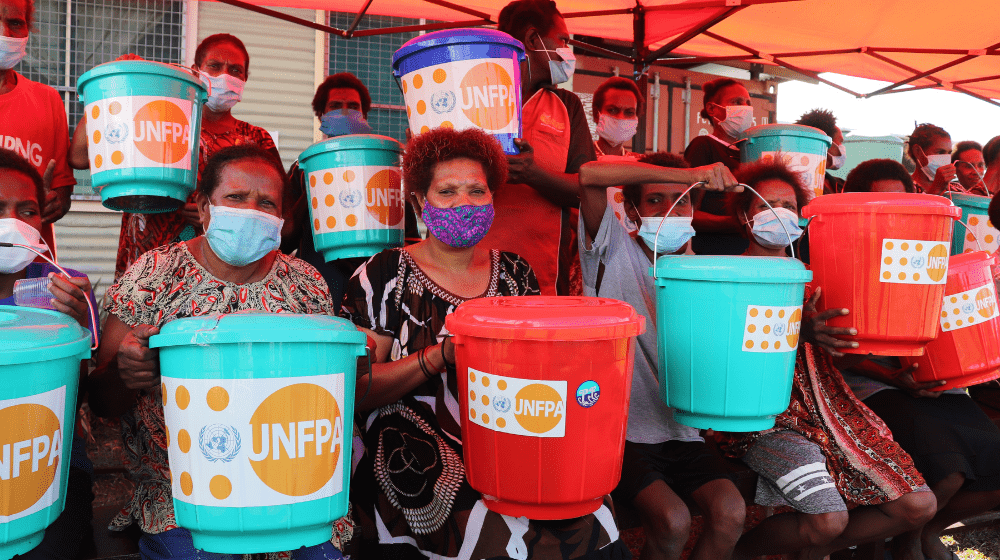“I came to the Family Support Centre in Tari after I was raped by an unknown man, a driver. I had nowhere to go. I was too scared to go to my family and also I was afraid that I may fall pregnant or have potentially contracted an STI or HIV.”
The experience of this 18 year-old survivor is, sadly, not a rare occurrence among young girls and women in Tari, Hela Province. Displaced by tribal fights and the Highland’s earthquake in 2018, these women were vulnerable to gender-based and sexual violence.
The Family Support Centre (FSC), run by the Hela Provincial Health Authority, provides specialist medical and psychological care to survivors of sexual and gender-based violence. However, the support provided by the team is dependent on supplies of essential equipment and medicines and this supply can be inconsistent.
According to the FSC manager Sr. Clare Lembo, there were many occasions when she and her team had to send victims of sexual violence home without proper care simply because they there was no stock.
“In the past, we sent patients home because of no drug supply and no testing kits. The result was that many patients did not want to come to the FSC.”
Post-exposure prophylaxis, or PEP, must be administered within 72 hours of potential exposure to HIV to prevent infection. A lack of these medicines, and of other testing kits for pregnancy or sexually transmitted infections, puts women and girls at risk.
Through its humanitarian response programme, UNFPA, in partnership with the Government of Papua New Guinea, UN agencies, NGOs and other partners, has provided the FSC in Tari with Reproductive Health Kits, which include PEP, STI testing and treatment, and HIV and pregnancy testing.
Sr Clare reports that following the provision of the kits, the team is reaching out to more survivors in the community and more survivors are now coming to the FSC.
The FSC was also supported with Dignity Kits, a pack including reusable pads, soap, and other hygiene products that assists displaced women and girls maintain good menstrual hygiene. Women and girls in the remotest parts of Hela have received these kits through the establishment of seven FSC’s made possible by the initial provision of kits by UNFPA.
The centres are now established at Koroba and Magarima District Hospitals, in addition to health centres in Komo, Walete, Pureni, and Kopiako.
“Women and girls can now maintain proper hygiene by using reusable pads instead of rags. These are also cost effective and they feel really comfortable” continued Sr. Clare.c“Some mothers with gynecological problems were ecstatic when they started using the pads. They also said that STI treatments have helped them alot.”
In 2021 alone, 4,186 sexual and gender based violence survivors have been reached and treated among the seven FSCs through the provision of Reproductive Health Kits and Dignitity Kits
The rape survivor commenced on PEP, CEP and STI treatment and was tested negative for HIV and managed to have her regular menstuation again.
“FSC is providing the best service yet and I know there are others just like me in the communities and I will share my experience with them so they can come and get help as well.“


